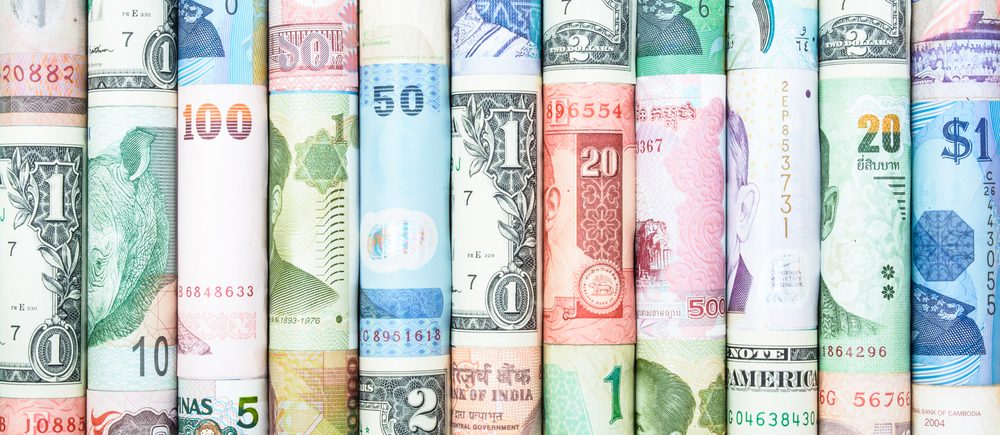The dollar fell on Monday before getting some safe-haven support as concerns persisted that the prolonged monetary tightening policy pursued by major central banks could further damage the global economic outlook.
Recent events in Russia also kept investors on guard, but the reaction in the currency market was muted as the implications of the failed rebellion were assessed.
The euro compensated for some of the losses it recorded last week, and rose 0.05 percent to $ 1.0901 in Asian trading.
The euro hit a one-week low on Friday after data showed that business growth in the euro zone virtually halted in June amid a deepening slowdown in manufacturing activity and slow expansion in the region’s dominant services sector.
The British pound rose 0.11% to $1.2730, also recouping some losses after falling 0.8% last week after the Bank of England’s 50 basis point interest rate hike raised fears of a recession in Britain.
Meanwhile, business activity in the United States fell to a three-month low in June, exacerbating a contraction in the manufacturing sector. Nevertheless, economic growth picked up slightly in the second quarter.
“Strong monetary tightening in major economies…is likely to continue as we see continued deterioration in the global economy, which will strengthen the dollar’s safe-haven status,” said Carol Kong, currency analyst at the Commonwealth Bank of Australia.
The dollar index, which measures the performance of the US currency against a basket of major currencies, settled at 102.74 points, after rising 0.5 percent last week, the first rise in nearly a month.
The Japanese yen rose more than 0.2 percent to 143.39 per dollar, yet it remained near its lowest level in seven months at 143.87 per dollar hit on Friday.
Dealers are closely watching developments in Russia, after the withdrawal of fighters from the private military group Wagner from the southern Russian city of Rostov under a deal that halted its rapid advance towards Moscow and raised questions about the extent of President Vladimir Putin’s grip on power.
The events sent the Russian ruble down to its lowest level in nearly 15 months against the dollar in early trading on Monday.
The risk-sensitive Australian dollar rose 0.04% to $0.6682 after falling nearly 3% last week, and the New Zealand dollar rose 0.37% to $0.6167 after falling more than 1% last week.
 Noor Trends News, Technical Analysis, Educational Tools and Recommendations
Noor Trends News, Technical Analysis, Educational Tools and Recommendations





